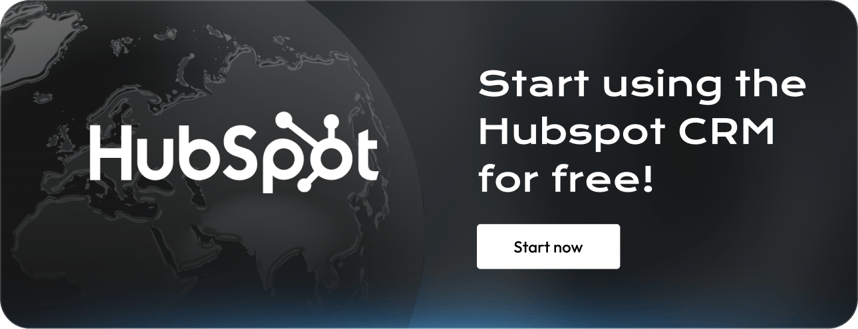There are loads of benefits to upgrading your business with a sales CRM: from financial benefits, to improving your business productivity, to nurturing and optimising relationships with your customers. We’ve pulled together ten reasons why your business needs a CRM.
1. Keep your data safe, sound and centralised
If you are still finding yourself switching between multiple spreadsheets, documents and databases on your search for information, you don’t need to suffer anymore. A CRM will become the core of your business, centralising and securing your precious customer data. Empower your team to work smarter with uninterrupted access to your database from wherever they are.
2. Smarter data
Your CRM’s ability to capture everything you need to service an individual customer means you’ll be storing more meaningful data. As you build up your CRM you’ll be equipped with more and more comprehensive data that will help you make smart decisions for your business, and enable you to create tailored solutions to serve your customers’ needs.
3. Clear skies ahead
While CRMs were previously aimed at C-suite for the purpose of tracking revenue, generating insights, and forecasting - now that data is for everyone. New CRMs are designed for sales enablement and full visibility across sales and marketing, improving your reporting capabilities and ability to show your ROI.
4. Team accountability
CRMs are fantastic for building trust and accountability across your business. Your teams will share the responsibility of using the CRM, so information is not just sitting in one person’s head or their email inbox. Other functions like shared calendars, templates and email integration make less room for miscommunication between sales management and your sales force.
5. Earn the trust of your customers
It’s in the name - a CRM will let you manage your relationship with your customers, but it’s up to you to maximise that connection. Any good relationship is built on trust, and a key element in Brene Brown’s Anatomy of Trust is reliability. By having a central hub of all your customers’ data, including details on when the best time to contact them is, or reminders to get in touch, a CRM will enhance your reliability and build trust over time. Managing all your leads in one place will ensure nobody falls through the cracks.
6. Understand your customers
A CRM enables you to have a holistic, single view of all your customers, and a complete history of your interactions with them. This means better conversations with every prospect or customer based on the things you know they’re digesting, and an understanding of they are at in the buyer journey. Be customer-centric; tailor your communications to suit their unique needs and talk to them when it’s best for them. To learn more about the balance between clever and creepy, check out my recent blog post on stalking vs serendipity.
7. Enhance productivity
Clever CRMs have the power to drastically reduce and remove clunky admin jobs that nobody wants to be doing, and counteract against user error and bad data going in. You want your salespeople selling - not maintaining your database! Activity reports will enable your team to hold each other accountable to targets and expectations - just remember that admin activity doesn’t necessarily equal revenue.
8. Supercharge your sales
Your sales team may not immediately fall in love with your CRM, but once you show them how it can help them make them to close more sales, it will inspire them to do what they are there to do. Use the CRM to reduce friction through the sales process so that it doesn’t feel like admin, and your salespeople can spend more time with your customers. If they are driven by money, show them how they can use the sales pipeline to see their commission potential. If they are driven by ego, use leader boarding or gamification to energise their competitive spirit.
9. Realise revenue
A CRM will help you to realise revenue from everywhere, not just from acquiring new leads. A good CRM plugs the holes in the bucket so that you can better look after your current customers instead of primarily focusing on acquisition. A great communications strategy using CRM will support your sales team by keeping customers updated with cross-selling and up-selling opportunities.
10. Show scalability and growth
To continue the growth of your business, you’re going to need accurate forecasting and reporting abilities. A CRM will support your business planning and help you to prove ROI on your sales spend. Advanced reporting and analytics will generate the insights you need to sell smarter, not harder.
So in summary, there are lots of ways a CRM can help your sales team do more. If you need a quick snapshot to convince the business just give them this list:
10 Ways a CRM helps sales
- Keeps your data safe, sound and centralised
- Smarter data - do more with your data
- Clear skies ahead - increase your visibility
- Team accountability
- Earn the trust of your customers
- Understand your customers
- Enhance productivity
- Supercharge your sales
- Realise revenue
- Show scalability and growth
Now that you know the benefits, it’s time to explore your CRM options:
Here’s a free tool to help you compare CRMs
And if you need any help with the experts to get started, or make the right choice of CRM, you know where we are!






.jpg)
Comments